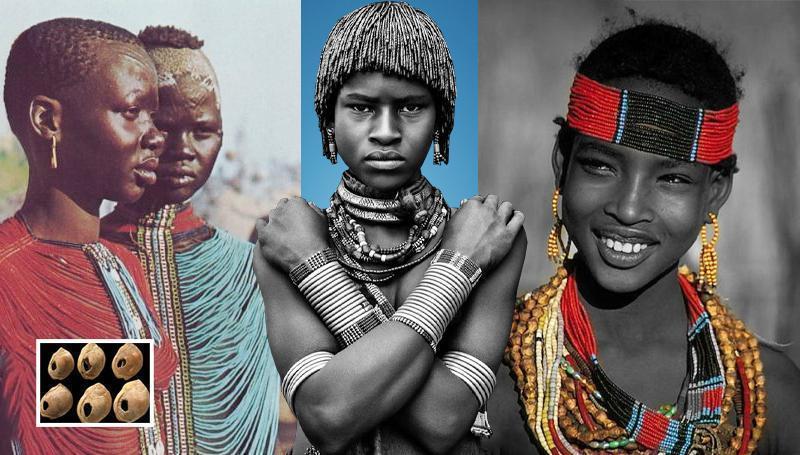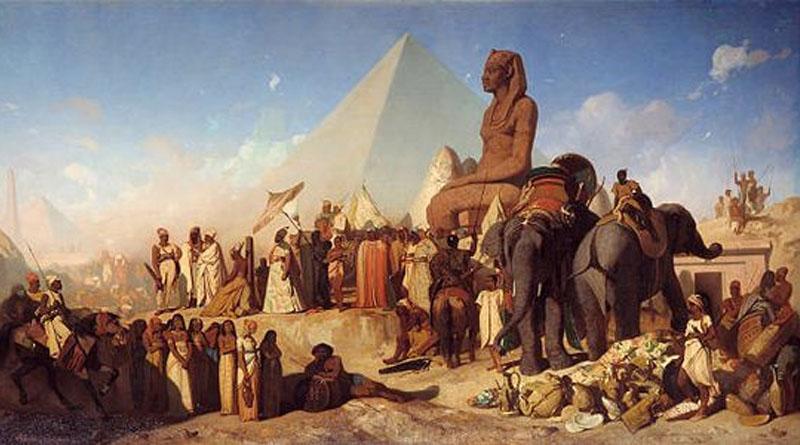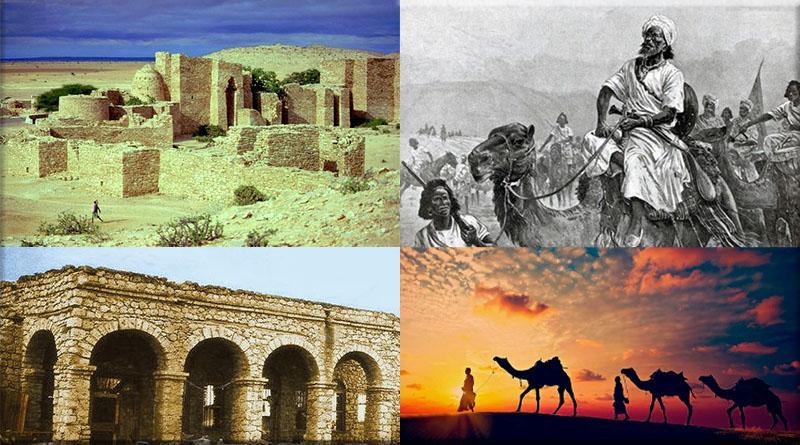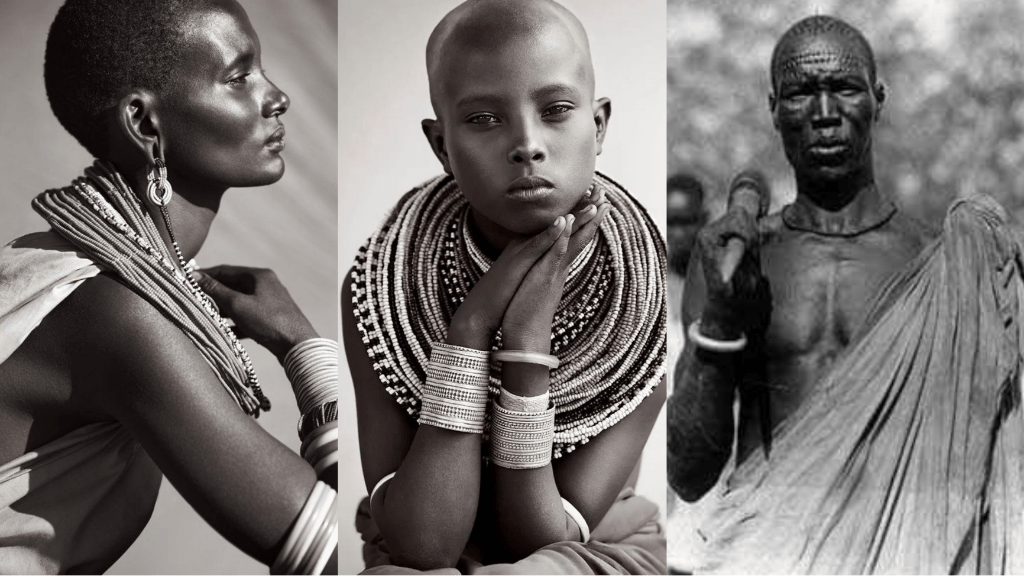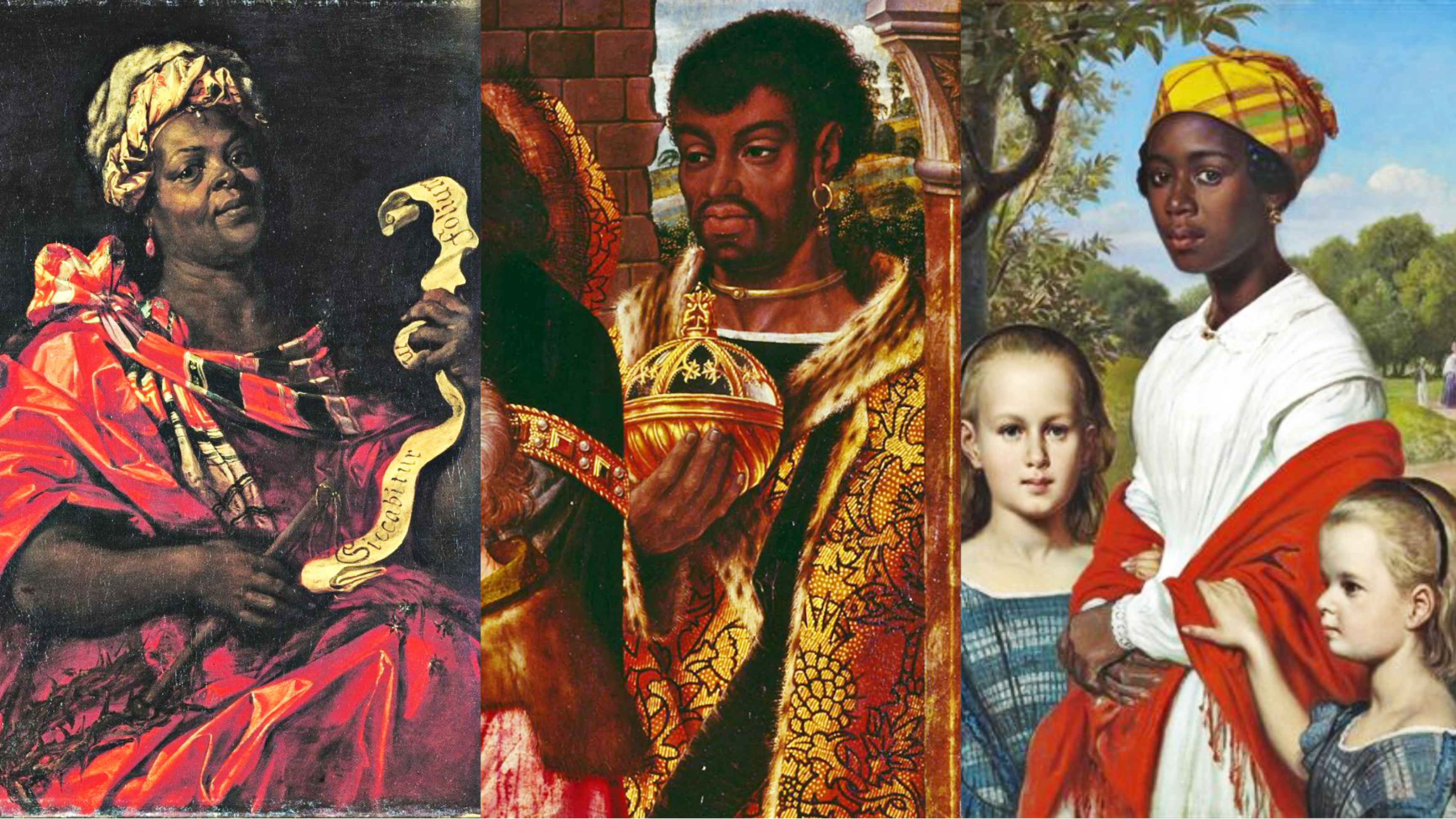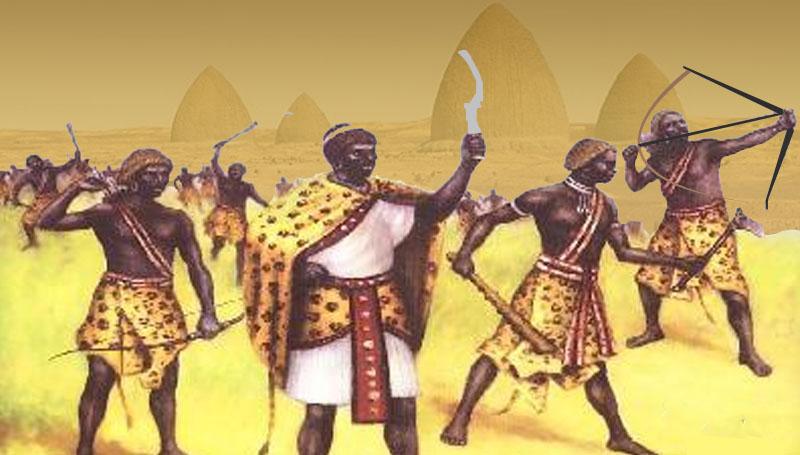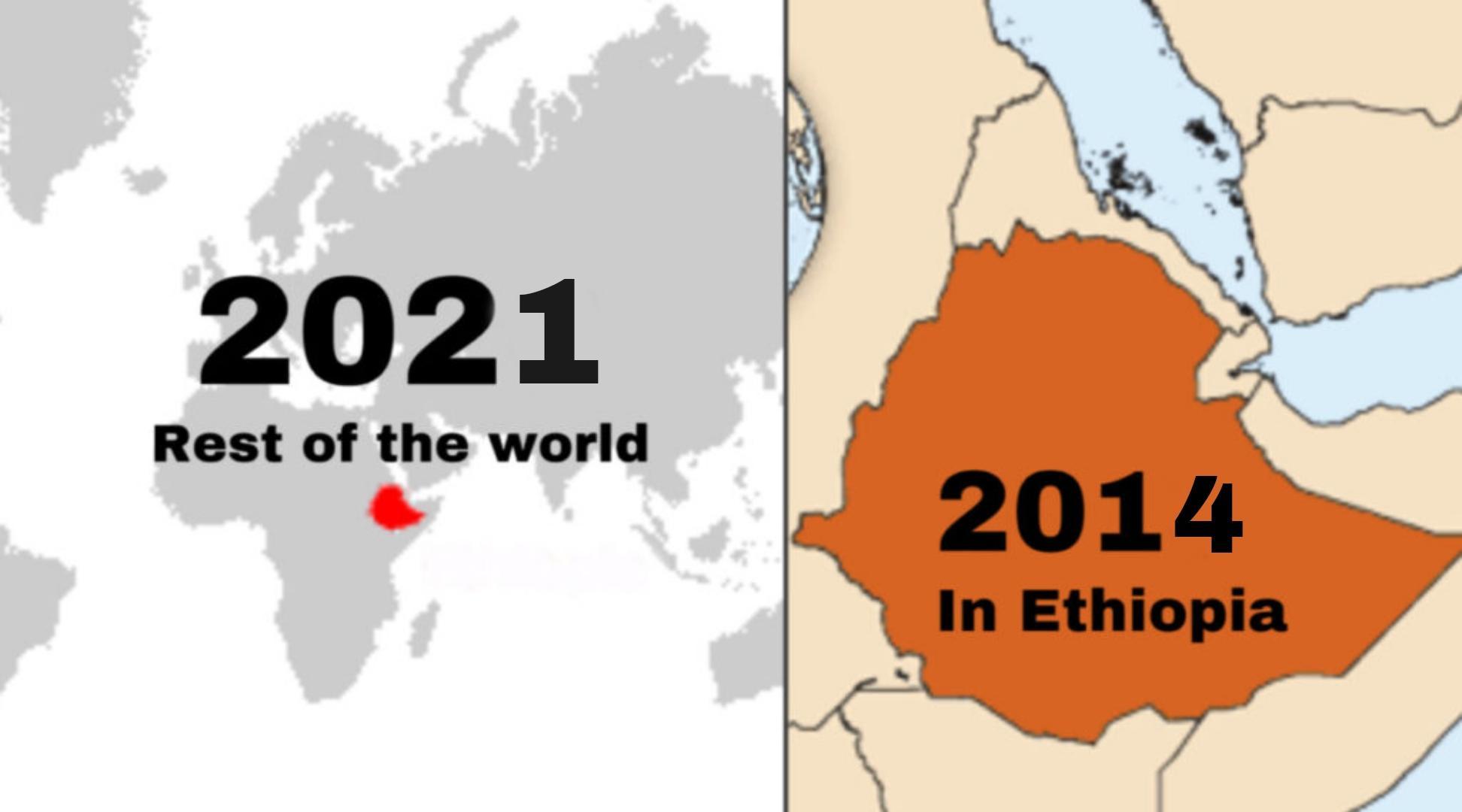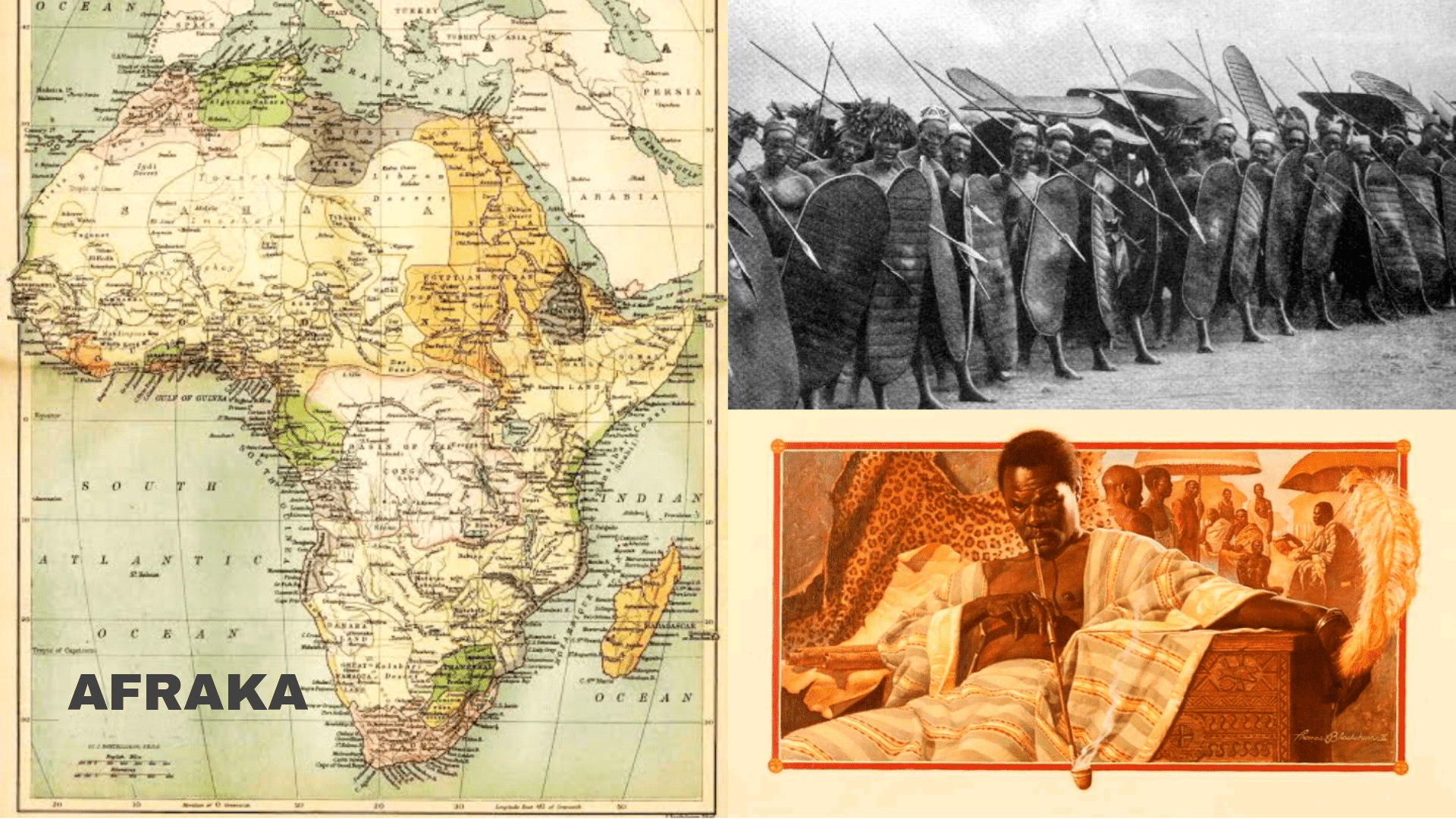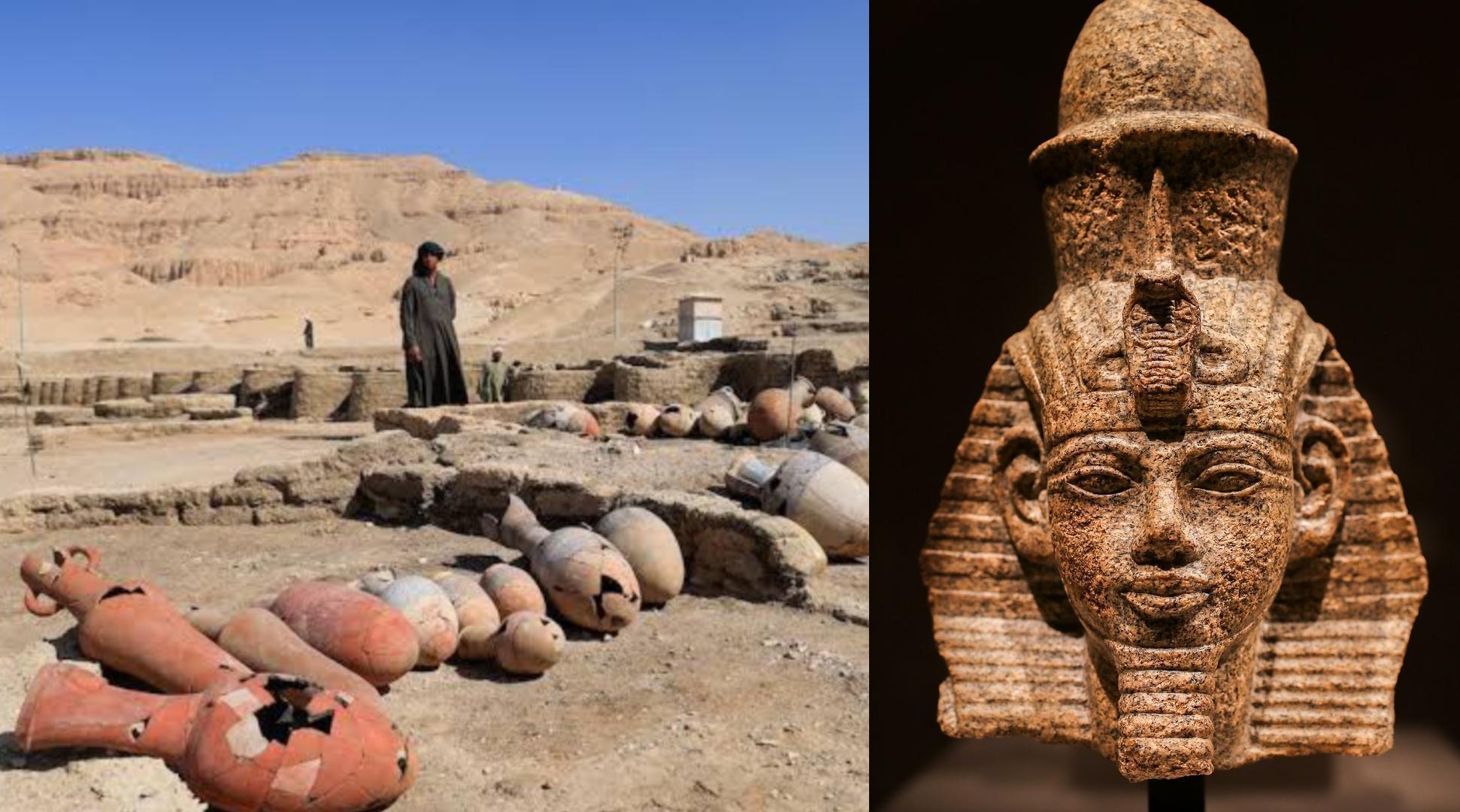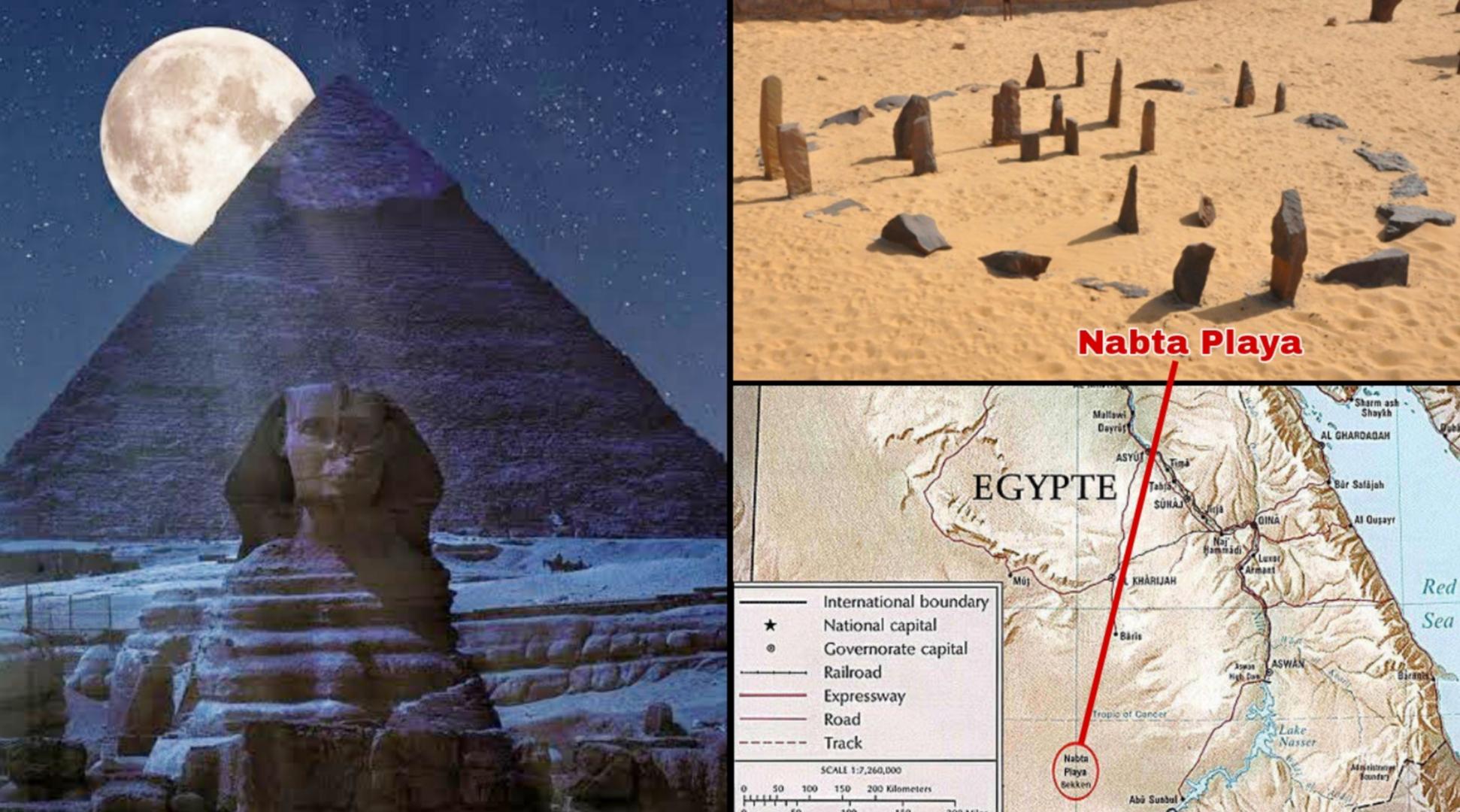Africans drilled tiny holes in snail shells and strung them as beads to create the world’s oldest known jewelry around 75,000 years ago The beads were discovered in South Africa’s Blombos cave, on the southern Cape coast. The 41 shells were discovered in groups of up to 17 shells. They came from Nassarius kraussianus, a small mollusc scavenger that dwells in …
Read More »Events
The Persians conquered Egypt under Cambyses II in 525 BC
The Persians invade Egypt under Cambyses II. He defeats the Egyptians in battle at Pelsium in the Nile Delta in 525 BC. Cambyses II, an Achaemenid king of Persia (reigned 529–522 BCE) who invaded Egypt in 525, was the eldest son of King Cyrus II the Great by Cassandane, a fellow Achaemenid. Cambyses was in charge of Babylonian affairs during …
Read More »Somalis were the first to domesticate camels before Ancient Egypt [3000 BC – 2000 BC]
Ancient Somalis domesticate camels in 3000 BC – 2000 BC. This practice spreads to North Africa and Ancient Egypt The first inhabitants in the Somali region were ethnic Cushites from southern Ethiopia’s fertile lakes. This group is further split into a number of other ethnic groups, all of which are still widely recognized (and fought over) today. Archeological evidence suggests …
Read More »Daily life roles of children, women & men in great Ancient Africa
In Ancient Africa people of different ages had their own dialy life roles to play. This was all over the four corners of Great Ancient Africa. Many Africans prayed daily to their ancestors for protection and guidance, in place of traditional gods. Many Africans would dedicate a spot in their homes to pay honor to their guardian spirits. The concept …
Read More »15 facts about Moors: black kings & queens who ruled & civilised Europe
African moors, who conquered Spain and ruled it for more than 800 years, were responsible for bringing Europe out of the dark ages. 1. The Spanish occupation by the Moors began in 711 AD when an African army, under their leader Tariq ibn-Ziyad, crossed the Strait of Gibraltar from northern Africa and invaded the Iberian peninsula ‘Andalus’ (Spain under the …
Read More »Dongola: Oldest city of Nubian Kingdom of Makuria 590 – 1314 AD
Old Dongola was the capital of the Nubian kingdom of Makuria, which was located on the eastern bank of the Nile in Sudan’s Northern State. The Kingdom of Makuria arose after the collapse of the Nubian Kingdom of Kush in the 5th century AD. Makuria spanned the Nile Valley from the Third Cataract to south of Abu Hamad, as well …
Read More »Ethiopia celebrates New Year in September. Seven to eight years behind rest of the world
Enkutatash is a public holiday in coincidence of New Year in Ethiopia and Eritrea. It occurs on Meskerem 1 on the Ethiopian calendar, which is 11 September (or, during a leap year, 12 September) according to the Gregorian calendar. Celebrations Relatives especially family members gathered and eat meals prepared by chicken’s meat natively called doro wat. Invitations and wishing farewell …
Read More »The oldest name for continent Africa was ‘Afraka’ meaning ‘first-sun-soul’
Before today’s name ‘Africa’, our continent was called with different names by our forefathers. These names are explained below; Afrika: Similar to the native words, Kongo (Congo) and Akkra (Accra), it is reported that original Afrikan languages spelled Afrika with a “k.” After European colonialism, the letter “k” was substituted by the letter “c.” To further support this theory many look …
Read More »3,000 year-old ‘golden city’ discovered in Egypt
Egyptian archeologists have unearthed a 3,000 year-old lost city complete with mud brick houses, artifacts and tools from the times of the pharaohs. The mortuary city, in the southern province of Luxor, is being called the most important such find since the tomb of Tutankhamun. It dates back to the period under King Amenhotep III of the 18th dynasty. There …
Read More »Africa created stars & moon system 7,000 years ago. World’s oldest astronomical site
This 7,000-year-old stone circle tracked the summer solstice and the arrival of the annual monsoon season. It’s also the oldest known astronomical site on Earth. For thousands of years, ancient civilizations around the world built huge stone circles to mark the seasons and align them with the Sun and stars. These early calendars predicted the arrival of spring, summer, fall, …
Read More » The African History Truly African
The African History Truly African
